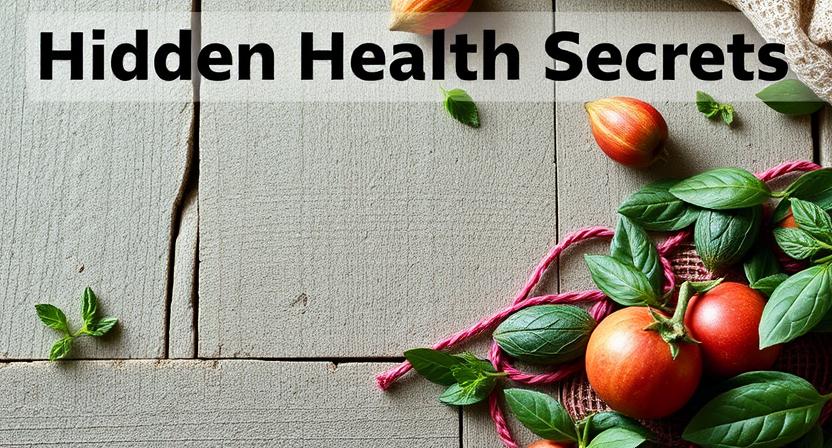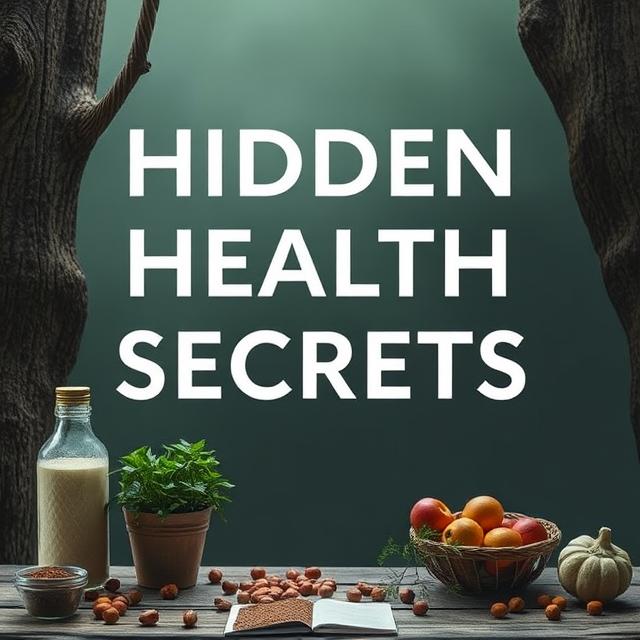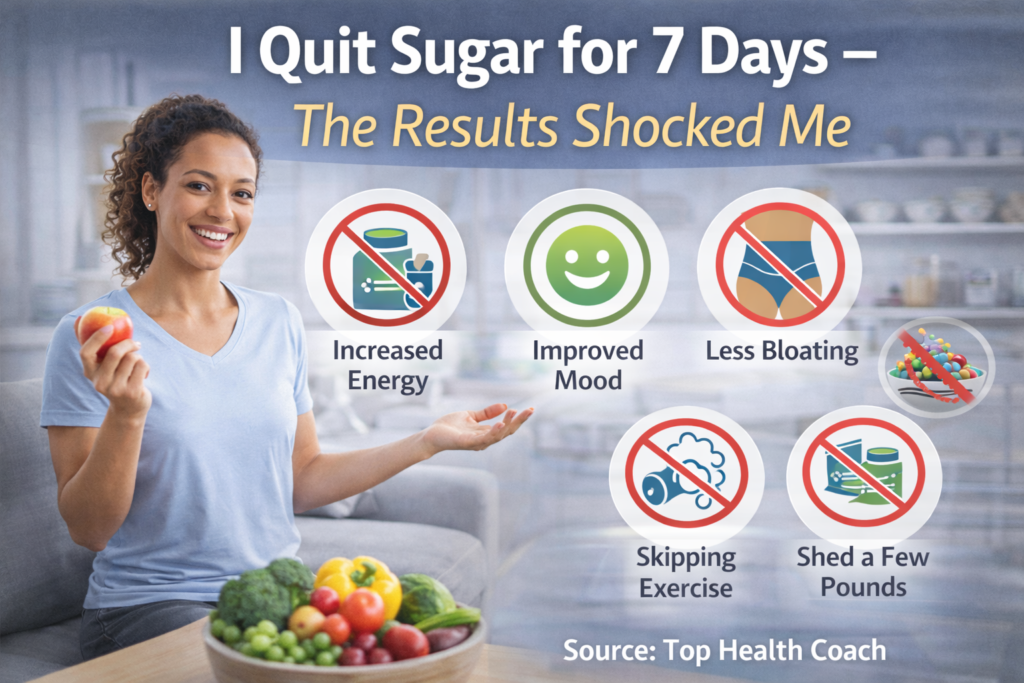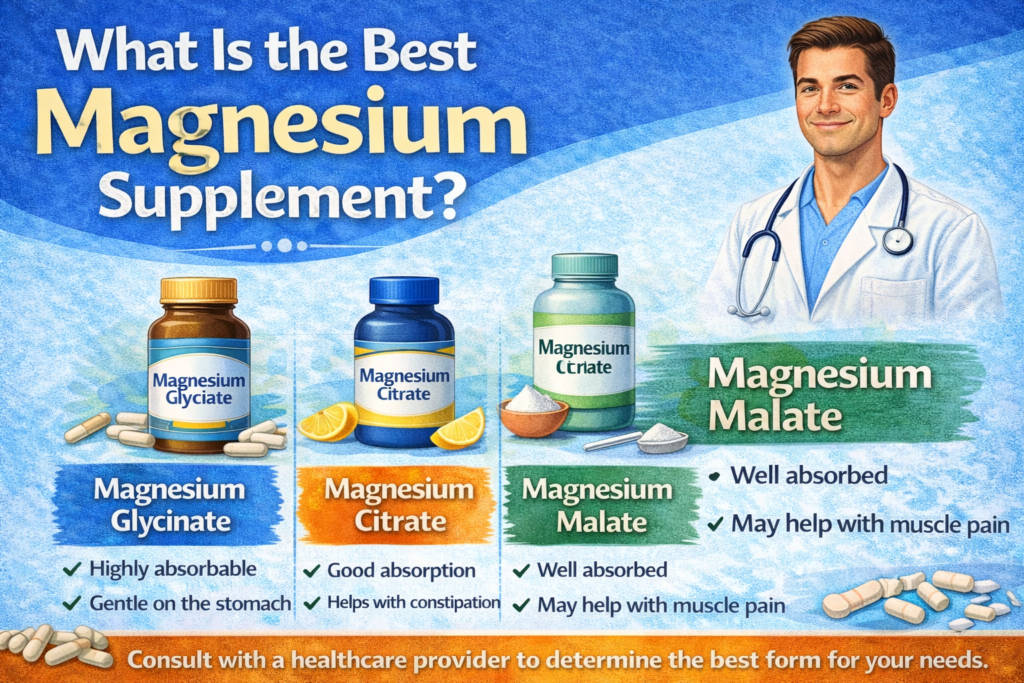When it comes to your health, you might think your doctor tells you everything you need to know. But the truth is, there are some health secrets that either get overlooked, go unspoken due to time constraints, or simply aren’t part of mainstream medical advice. Here are 10 hidden health secrets that could change your life — and chances are, your doctor hasn’t mentioned them.
1. Gut Health is the Root of Most Diseases
Many chronic conditions, including depression, autoimmune diseases, and even skin issues, start with poor gut health. Yet, gut health isn’t commonly discussed during regular checkups. Eating a diverse range of fiber-rich foods, fermented foods, and reducing sugar can drastically improve your gut microbiome.
2. Chronic Inflammation is a Silent Killer
Inflammation is your body’s natural response to injury or infection. But when it becomes chronic, it can contribute to heart disease, diabetes, and even cancer. Anti-inflammatory foods like turmeric, green tea, fatty fish, and leafy greens can be powerful tools in fighting inflammation.
3. Sleep is Just as Important as Diet and Exercise
You might get diet and fitness advice at the doctor’s office, but sleep is often overlooked. Poor sleep increases the risk of obesity, diabetes, heart disease, and weakens your immune system. Prioritize 7–9 hours of quality sleep every night.
4. Most People Are Mildly Dehydrated
Mild dehydration can lead to fatigue, headaches, and poor concentration. Despite its impact, hydration isn’t usually emphasized. Aim to drink at least 2–3 liters of water daily, and even more in hot climates or when exercising.
5. Natural Sunlight Boosts Mood and Immunity
Sun exposure helps your body produce vitamin D, which supports immune function and mental health. Just 15–20 minutes of morning sunlight can work wonders. Yet, fear of sun damage often leads people to avoid it entirely.
6. Stress Management is Essential for Longevity
Doctors treat stress-related illnesses, but they rarely address the root cause. Chronic stress contributes to heart disease, mental illness, digestive problems, and more. Meditation, deep breathing, and regular breaks are simple but effective ways to manage stress.
7. You Don’t Always Need Medications
While medications have their place, lifestyle changes can often be just as effective, especially for chronic conditions like high blood pressure or type 2 diabetes. Diet, exercise, and sleep can sometimes reduce or even eliminate the need for medication under professional guidance.
8. Your Body Has Natural Detox Systems
You don’t need expensive detox teas or cleanses. Your liver, kidneys, skin, and digestive system are powerful detoxifiers. Supporting these organs with real food, hydration, and rest is far more effective than any trendy detox.
9. Your Environment Affects Your Health More Than You Think
From air quality to household chemicals, your environment plays a major role in your well-being. Poor indoor air, pesticides, and plastics can disrupt hormones and immune function. Use natural cleaning products, open windows, and avoid unnecessary plastic.
10. Your Mind Can Heal Your Body
The placebo effect is real. Believing in a treatment can sometimes be as effective as the treatment itself. Your mindset, emotions, and beliefs have a significant impact on your physical health. Practice gratitude, stay optimistic, and nurture your mental well-being.
20 Frequently Asked Questions (FAQs)
1. Why don’t doctors talk about these health secrets?
Many doctors are trained in symptom management, not holistic prevention. Time constraints and insurance limitations also restrict deeper discussions.
2. How can I improve my gut health naturally?
Eat more fermented foods, reduce sugar, and consume a variety of fiber-rich fruits and vegetables.
3. Is chronic inflammation always bad?
While acute inflammation helps healing, chronic inflammation can damage cells and lead to disease.
4. Can sleep really affect my physical health?
Yes, poor sleep is linked to obesity, diabetes, heart disease, and lowered immunity.
5. What are signs of dehydration?
Dry mouth, fatigue, dark urine, dizziness, and headaches are common signs.
6. Is it safe to get sun exposure daily?
Yes, short periods (15–20 minutes) of early morning sun are beneficial and low risk.
7. Can stress actually make me physically sick?
Absolutely. Chronic stress is linked to heart disease, digestive issues, and immune dysfunction.
8. Should I stop taking medication if I eat healthy?
No, never stop medication without consulting a healthcare provider. Lifestyle changes can support but not replace all treatments.
9. Are commercial detox products effective?
Not usually. Your body already has natural detox systems that work well when supported with proper diet and rest.
10. How can I detox naturally?
Stay hydrated, eat clean foods, reduce alcohol, get enough sleep, and exercise regularly.
11. What are the best anti-inflammatory foods?
Turmeric, green tea, ginger, berries, leafy greens, and fatty fish like salmon.
12. Can I boost my immune system without supplements?
Yes. Good sleep, a balanced diet, regular exercise, and stress management all help.
13. What are some easy ways to reduce stress?
Meditation, journaling, walking in nature, listening to music, and deep breathing.
14. Does my mental state really affect healing?
Yes. Studies show that optimism and a positive mindset can improve recovery outcomes.
15. What is the placebo effect and how does it work?
It’s when a person experiences real improvement from a fake treatment, simply because they believe it works.
16. Is plastic really harmful to health?
Some plastics contain endocrine disruptors like BPA, which may interfere with hormone balance.
17. How does air quality impact my health?
Poor indoor or outdoor air can trigger respiratory issues, fatigue, and even long-term diseases.
18. What’s the best time to get sun exposure?
Early morning or late afternoon, when UV rays are gentler and vitamin D production is most efficient.
19. How much water should I drink each day?
Aim for 2–3 liters, or more if you’re active or live in a hot climate.
20. Can I really heal naturally without medications?
Many mild conditions respond well to lifestyle changes, but always consult a professional for serious concerns.
Final Thoughts
Your health is in your hands more than you might think. While doctors are essential, they often don’t have time to explore all aspects of holistic health. By staying informed and making intentional lifestyle changes, you can take control of your wellness in powerful, natural ways.
Ready to dive deeper into these secrets? Subscribe for more wellness insights and share this with someone who needs to hear it!




